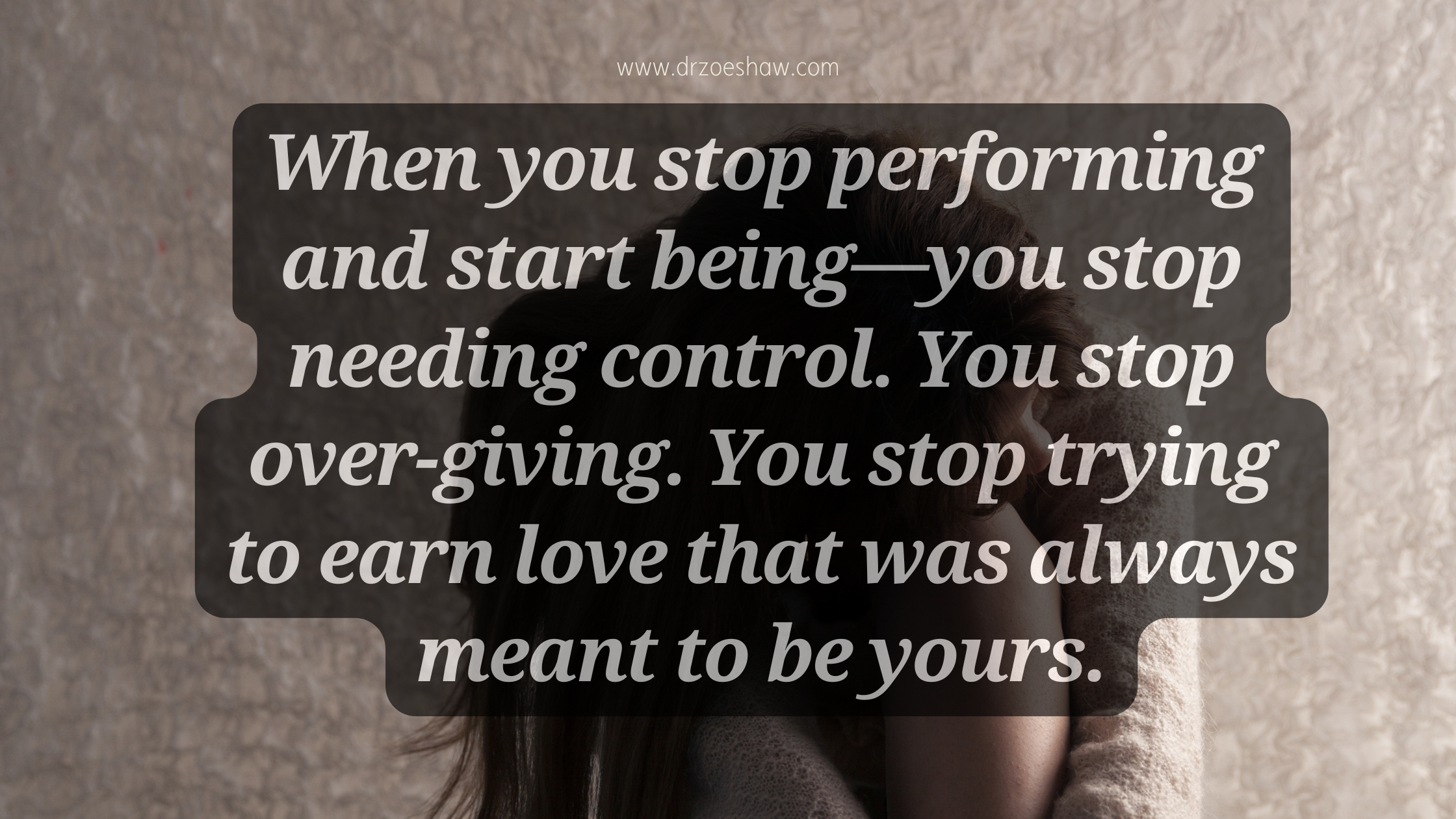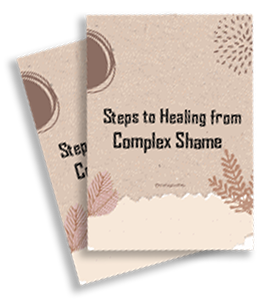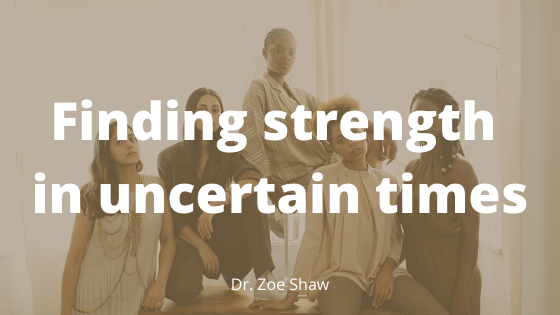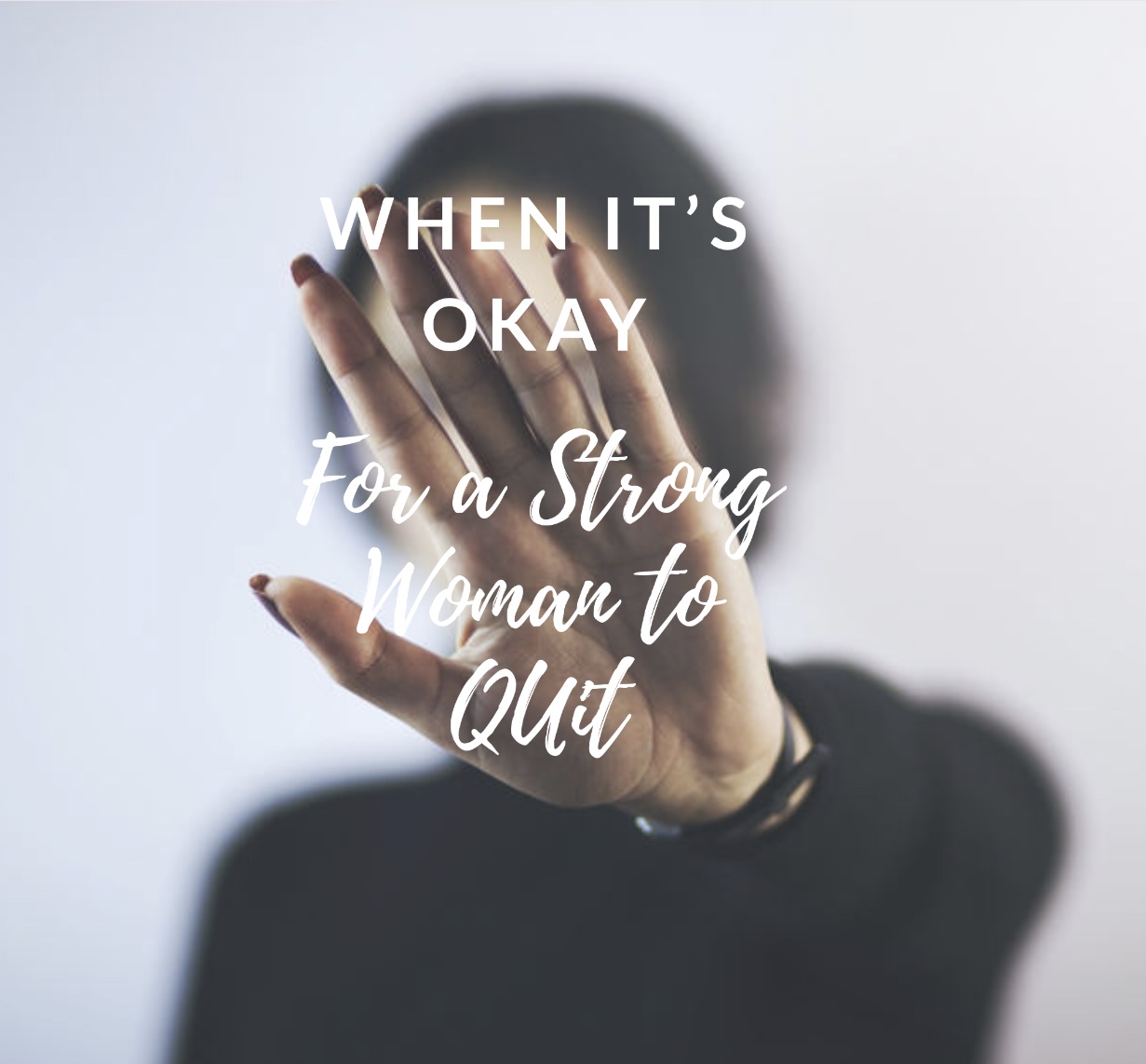
Hi! I’m DR. Zoe
I help women overcome Complex Shame™ and co-dependency so they can experience healthy love
and freedom.
READ MORE
Are You the Red Flag?
This blog post might make you shift in your seat a little.
What If You Are the Red Flag?
Because I want to ask you something hard: What if you are the red flag?
Yeah, I know. That’s not an easy question to hear.
But stay with me. I promise—it’s not an accusation. It’s an invitation.
An invitation to step into a deeper kind of healing.
We hear a lot about red flags in relationships—narcissism, gaslighting, emotional immaturity. And believe me, I talk about all those things too. But sometimes, we’re so focused on spotting red flags in other people that we never stop to ask:
Am I waving a few myself?
Not because you’re toxic.
Not because you’re broken beyond repair.
But because you’ve been operating from a place of unhealed pain, and you don’t even know it.
First, Let’s Talk About Shame
I coined the term Complex Shame because I saw how often this deep, tangled shame shows up in women’s lives—especially in high-functioning, overachieving women who are strong on the outside… but silently struggling on the inside.
Complex shame is sneaky. It tells you that your worth is tied to your performance. That love must be earned. That your needs are a burden. That if someone leaves you, it must be your fault.
And when that shame is running the show, it makes you:
- Over-function in relationships
- Lose yourself trying to keep the peace
- Feel threatened by boundaries
- Use control or caretaking as a way to feel safe
Let’s be honest—those behaviors?
They can look like red flags to someone else.
How Do You Know If You’re the Red Flag?
Let me give you a few signs to reflect on—not with judgment, but with curiosity:
- You struggle to receive help or support. You’re the giver, the fixer. But deep down, you feel unsafe being vulnerable.
- You take responsibility for other people’s feelings. You believe their discomfort is your fault—or your job to fix.
- You constantly apologize for your existence. Even when you haven’t done anything wrong, you feel guilty.
- You manipulate through self-sacrifice. You don’t ask directly for what you need—but you hope someone will notice your suffering and reward you for it.
- You’re uncomfortable when things are peaceful. So you stir the pot, pick a fight, or sabotage intimacy.
None of these make you a bad person.
They make you a person who is navigating the world through the lens of unhealed shame.
The Good News: Healing is Possible
When you start healing your relationship with yourself—when you untangle the shame, when you stop performing and start being—you stop needing control.
(If you’re looking for guidance, my new book on healing shame is a great place to start.)
You stop over-giving.
You stop trying to earn love that was always meant to be yours.
You stop being the red flag… and start being the safe space.

I want to leave you with a simple reflection today:
“Where am I operating from fear or shame instead of wholeness?”
Just sit with that.
Journal about it.
Pray about it if that’s your thing.
And know this—healing is not about shame.
It’s about truth.
And truth?
Truth is what sets you free.
More Red Flags You Might Be Blind To
Here are some red flags others might see in you—especially in relationships—that you may be blind to because they’ve become survival mechanisms:
- You get close too quickly. You might think you’re just open or “heart-led,” but rushing intimacy can be a sign of attachment wounding and a deep hunger to be chosen or seen.
- You can’t tolerate silence or distance. If someone pulls back, you immediately reach for control—through texting, fixing, apologizing, or over-explaining. To others, it can feel like emotional pressure.
- You’re constantly in crisis—or drawing attention to your pain. You’re not trying to be manipulative, but you’ve learned that pain is the only way you feel seen. This can emotionally exhaust those around you.
- You give advice instead of empathy. You may think you’re being helpful, but it can come across as dismissive or controlling when someone just needs to feel heard.
- You hold grudges or emotionally withdraw instead of speaking up. Conflict avoidance feels safer, but it turns into passive-aggressive behavior, which can erode trust in relationships.
- You expect others to “just know” what you need. You’re not used to voicing your needs, so you feel hurt or rejected when people don’t meet them—yet you never said them out loud.
- You consistently self-deprecate or make jokes at your own expense. It might seem harmless or funny, but others may see it as insecurity or emotional unavailability.
- You’re always the victim in your stories. Even when you’re deeply hurt, it’s important to reflect on your role in patterns—not to blame yourself, but to take ownership and grow.
- You over-identify with being “the strong one.” This looks admirable on the outside, but it often creates emotional walls that push others away or make them feel unnecessary.
- You’re reactive, not responsive. When shame is triggered, your nervous system goes into fight, flight, or fawn—and you might lash out, shut down, or people-please in ways that confuse or overwhelm others.

Subscribe and Heal your Relationships.
You deserve a healthy, loving relationship and it starts with You. Learn how to untangle
Complex Shame™ and co-dependency to finally have the beautiful, secure relationship with
yourself and others that you’ve always wanted.
Subscribe and as a thank you, I’ll send you the Steps to Healing from Complex
Shame™.














